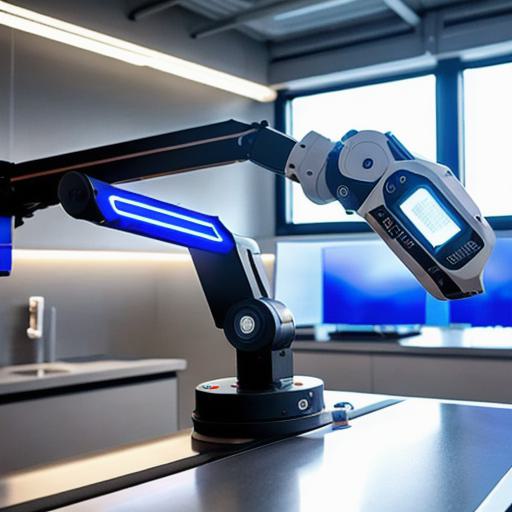Web3 technology has been making waves in the startup world, and for good reason. With its ability to revolutionize the way we interact with data and each other, it’s no wonder that more and more startups are turning to Web3 solutions to help them succeed. In this article, we will explore the various ways in which Web3 technology is transforming the startup world, from decentralized finance (DeFi) applications to supply chain management systems.
The Basics of Web3 Technology
Web3 technology is built on top of blockchain technology and leverages smart contracts to enable secure and transparent transactions between parties without intermediaries. This allows for greater trust, reduced costs, and increased efficiency in a variety of industries, including finance, healthcare, and supply chain management.
Decentralized Finance (DeFi) Applications

One of the most well-known applications of Web3 technology is DeFi, which leverages smart contracts to enable financial transactions without intermediaries such as banks or other financial institutions. This allows for greater transparency and security in financial transactions, as well as increased accessibility to financial services for those who may not have had access to them before.
For example, Uniswap is a decentralized exchange that uses smart contracts to enable users to swap cryptocurrencies without intermediaries, allowing for greater liquidity and more secure trading. Another example is Aave, which offers decentralized lending and borrowing services that are accessible to anyone with an internet connection.
Supply Chain Management Systems
Web3 technology is also being used to revolutionize supply chain management systems. By leveraging blockchain technology, companies can create a tamper-proof record of every transaction in the supply chain, from raw materials to finished products. This allows for greater transparency and accountability in the supply chain, as well as increased efficiency by eliminating intermediaries and reducing costs.
For example, Walmart has partnered with IBM to create a blockchain-based supply chain management system that enables Walmart to track the origin of its food products, ensuring that they are safe for consumption. This has helped Walmart reduce food waste and improve food safety, while also increasing customer trust in the brand.
Real-World Examples
One of the most exciting things about Web3 technology is the wide range of real-world examples of how it’s being used to revolutionize startups. For example, Tendermint, which was developed by Cosmos Network, is a high-performance blockchain that is being used to build decentralized applications for supply chain management, healthcare, and other industries. Another example is Nuo, which uses DeFi technology to enable users to lend and borrow cryptocurrencies with no collateral required, making it an attractive option for those who may not have access to traditional banking systems.
Expert Opinions
There’s no doubt that Web3 technology has the potential to revolutionize startups across a wide range of industries. As Michael Chung, CEO of Cosmos Network, puts it: "Web3 is fundamentally changing the way we interact with each other and with data. It’s enabling greater trust, reducing costs, and increasing efficiency in a variety of industries, from finance to healthcare to supply chain management."
Final Thoughts
The future of startups is now, and Web3 technology is playing an increasingly important role in that future. As more and more startups turn to Web3 solutions to help them succeed, we can expect to see even more exciting real-world examples of how this technology is being used to revolutionize the startup world. Whether you’re a startup founder or an investor looking for new opportunities, Web3 technology is definitely worth paying attention to.

FAQs:
Q: What is Web3 technology?
A: Web3 technology is built on top of blockchain technology and leverages smart contracts to enable secure and transparent transactions between parties without intermediaries.
Q: What are some real-world examples of how Web3 technology is being used in startups?
A: Uniswap, Aave, Walmart’s supply chain management system with IBM, Tendermint, Nuo.
Q: What are some benefits of using Web3 technology in startups?
A: Greater transparency and security in financial transactions, increased accessibility to financial services for those who may not have had access to them before, greater trust and accountability in the supply chain, increased efficiency by eliminating intermediaries and reducing costs.
